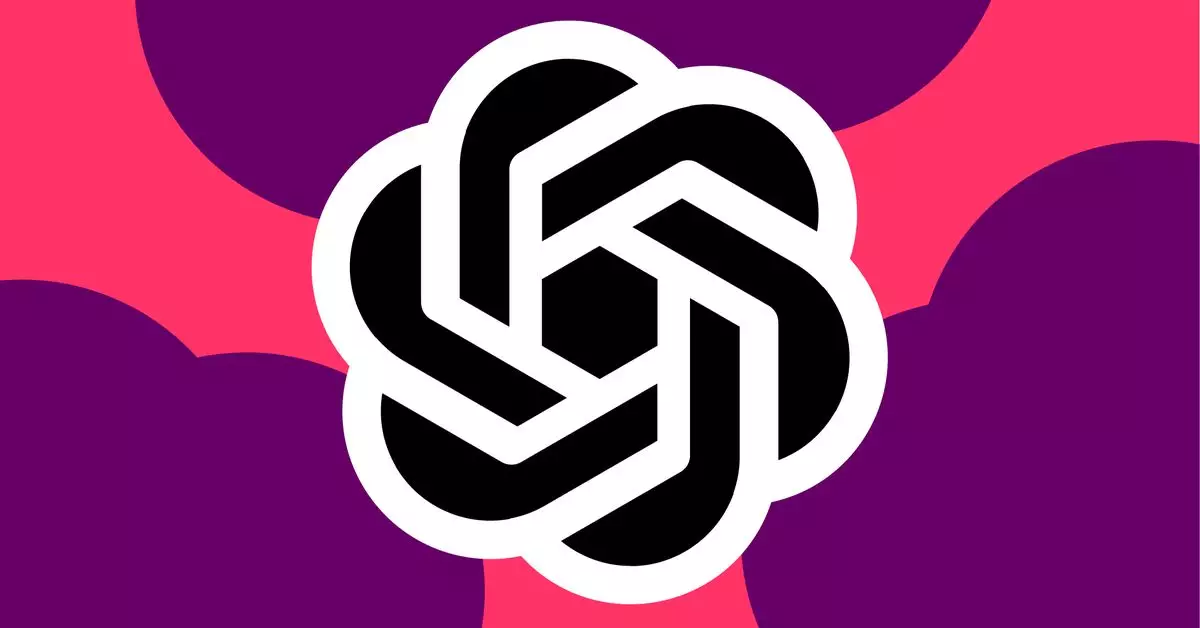Recent reports indicate that ChatGPT, a popular AI chatbot developed by OpenAI, has faced significant performance issues, leaving many users frustrated. The problems began around 1:30 PM ET, as users started to flood social media platforms with complaints about the chatbot failing to respond or displaying an “internal server error” message. Such technical failures are not new to ChatGPT, which has experienced several outages over the previous months, leading to questions about the reliability of AI services that have become integral to consumers’ daily interactions.
On the day of the outage, during the early afternoon, platforms like Down Detector began reporting a spike in issues associated with ChatGPT. By 2 PM ET, OpenAI acknowledged the matter on its status page, declaring that both ChatGPT and the recently released text-to-video generator, Sora, were encountering high error rates. The company attributed the disruptions to complications from an “upstream provider” and assured users that they were closely monitoring the situation. Moments later, at 3:06 PM ET, OpenAI reassured users that they were actively working on fixes; however, they neglected to provide an estimated time for a complete restoration.
For consumers who rely heavily on AI applications for various tasks, these outages can pose significant challenges. Users typically turn to ChatGPT for assistance in creative writing, generating ideas, coding help, or even casual conversation. When the service is unavailable, it not only interrupts workflows but also diminishes the user’s reliance on such technologies. The learning curve for adapting to AI technologies has already seen hurdles; technical difficulties only exacerbate the reluctance to fully adopt these tools.
ChatGPT has a history of notable outages that coincide with high-demand periods, particularly following the roll-out of new features such as Sora. This raises concerns regarding the robustness of the infrastructure that supports these advanced AI tools. It’s crucial for OpenAI to prioritize building a more resilient platform that can manage fluctuating user demands. The tech community has witnessed similar challenges in various online services where rapid scaling outpaced server capacities, leading to regular downtimes that erode user trust.
In an age where digital dependence is prevalent, service outages like the one experienced with ChatGPT stress the need for transparent and timely communication from service providers. Users deserve clarity regarding the nature of the issues impacting their service and realistic timelines for resolution. Thus, as OpenAI continues to rectify these issues, it should also focus on establishing clearer communication channels to foster trust and maintain its position as a leading AI provider.
While service disruptions are unavoidable in the tech world, enhancing the reliability of systems and maintaining transparent communication with users are essential steps for organizations like OpenAI as they navigate the evolving landscape of digital interaction.


Leave a Reply